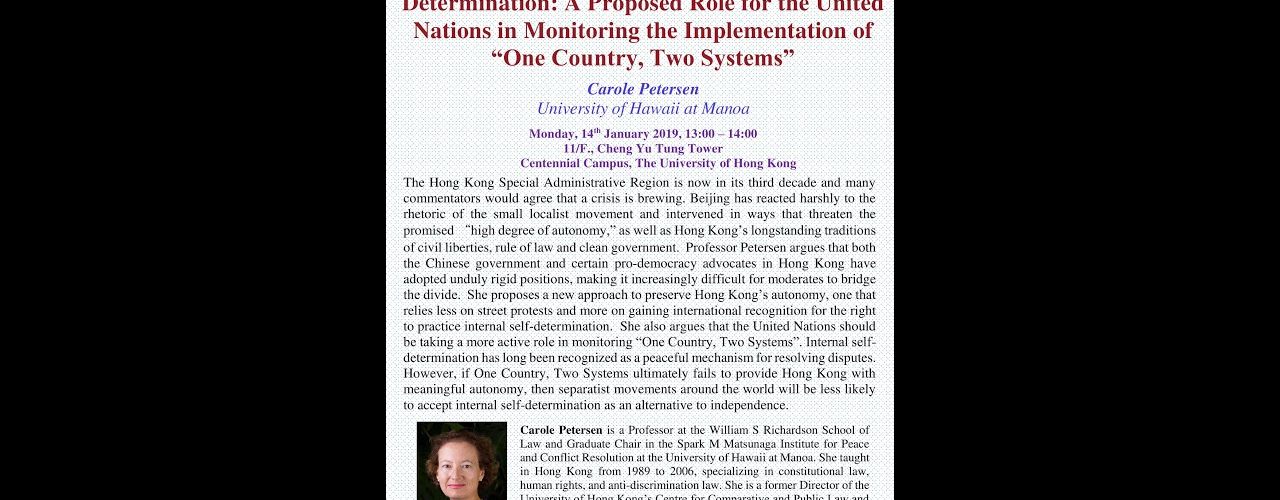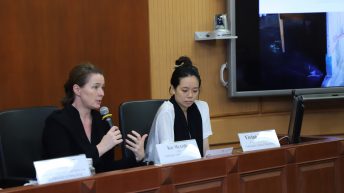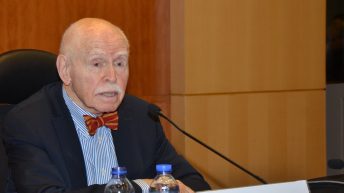Date: 14Jan 2019
Autonomy as a Form of Internal Self-Determination: A Proposed Role for the United Nations in Monitoring the Implementation of “One Country, Two Systems” by Prof. Carole Petersen (University of Hawaii at Manoa)
The Hong Kong Special Administrative Region is now in its third decade and many commentators would agree that a crisis is brewing. Beijing has reacted harshly to the rhetoric of the small localist movement and intervened in ways that threaten the promised “high degree of autonomy,” as well as Hong Kong’s longstanding traditions of civil liberties, rule of law and clean government. Professor Petersen argues that both the Chinese government and certain pro-democracy advocates in Hong Kong have adopted unduly rigid positions, making it increasingly difficult for moderates to bridge the divide. She proposes a new approach to preserve Hong Kong’s autonomy, one that relies less on street protests and more on gaining international recognition for the right to practice internal self-determination. She also argues that the United Nations should be taking a more active role in monitoring “One Country, Two Systems”. Internal self-determination has long been recognized as a peaceful mechanism for resolving disputes. However, if One Country, Two Systems ultimately fails to provide Hong Kong with meaningful autonomy, then separatist movements around the world will be less likely to accept internal self-determination as an alternative to independence.
Carole Petersen is a Professor at the William S Richardson School of Law and Graduate Chair in the Spark M Matsunaga Institute for Peace and Conflict Resolution at the University of Hawaii at Manoa. She taught in Hong Kong from 1989 to 2006, specializing in constitutional law, human rights, and anti-discrimination law. She is a former Director of the University of Hong Kong’s Centre for Comparative and Public Law and currently serves as a member of its international advisory board. She holds a BA from the University of Chicago, a JD from Harvard Law School, and a Postgraduate Diploma in the Law of the People’s Republic of China from the University of Hong Kong.Show lessComments




